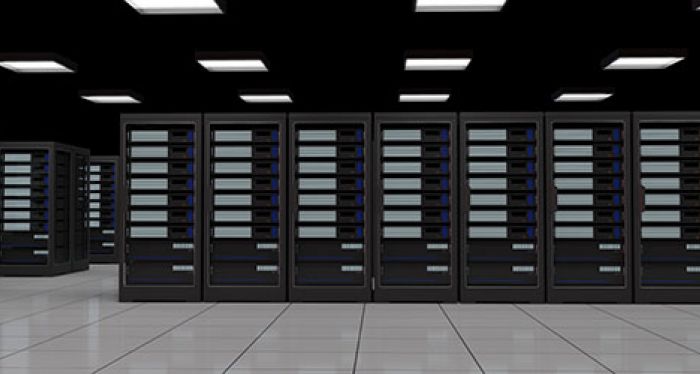Big Cloud Means Old Hardware?
Views, News & more

It's tempting to assume that if you go to the big public clouds, you're going to benefit from the latest hardware, but that's not necessarily the case.
The biggest public cloud providers are trying to use their older hardware for longer than before.
AWS: 5 year server life
In a Feb 2022 conference call with equities analysts, Amazon CFO Brian Olsavsky indicated that AWS now expected to use its existing servers for five years, rather than four, and to use networking equipment for six years rather than five.
Azure: 6 year server life
In July 2022, Microsoft announced it expected its servers and networking equipment to last for six years, rather than the four it had previously assumed.
Google Cloud Platform: 4 year server life
In February 2022, Google announced its servers would be expected to last four years, rather than three.
Expected life, not average server age
The public cloud is growing by 20% per year, so AWS, Azure and Google are buying new servers every month. This results in them having a vast number of servers with a variety of different ages.
Old servers aren't a bad thing per se
Old servers aren't as power-efficient or space-efficient as modern hardware. However, this environmental damage is countered by two factors.
Firstly, the big cloud providers' green energy supply contracts allow older servers to be powered by renewable sources and nuclear, at least in western Europe.
Secondly, new servers that are power-efficient relative to older models aren't greener immediately, as initial savings in carbon emissions merely compensate for the 'embodied carbon' used in their creation. Only when that's paid off do they start to improve environmental outcomes.
Performance Inconsistencies
One downside to having a mix of old and new hardware is that it can lead to inconsistent performance, where the same code runs at noticably different speeds for no apparent reason when run on supposedly identical instances.
Part of the job of the virtualisation layer is to contend the hosts in such a way as to dampen this variation in performance.
Energy and carbon price rises will limit further attempts to use hardware for longer
As a result of the war in Ukraine, electricity prices have shot up. Carbon offset prices have also risen in the EU, intentionally, to rachet up pressure to decarbonise.
At the margin, these changes will discourage cloud providers from keeping older hardware for longer.
Chip shortages are delaying supply of new servers at scale
The semiconductor supply crunch has made it harder for the big cloud providers to get the chips they need without extensive delays.
The rising energy prices, rising inflation, rising interest rates and consequent economic slowdowns have caused consumers to cut back on device purchases, freeing up some chip manufacturing capacity for the business market.
Modern energy-efficient chips should fall in price, economically incentivising cloud providers to upgrade to more efficient chips sooner.
Big cloud is knuckling down for the predicted economic slowdown
The big cloud providers are part of larger firms that earn a significant amount of money from consumers - from online retail in Amazon's case, consumer operating systems and games consoles in Microsoft's case, and consumer-focused advertisers in Google's case. The big tech firms know their parent groups are about to take a hit, so they're preparing for leaner times by minimising capital expenditure.
Alternatives to the Big Cloud Providers
Large listed companies and Government departments choose the big public cloud for good reason. The big cloud providers are unrivaled when it comes to delivering large-scale outcomes such as hosting an e-commerce site locally in eight countries, mining a 20 petabyte data lake, or hosting a database so large it would overwhelm almost any server.
However, small and medium-sized don't require anything on that scale. For them, big public cloud services can be difficult to cost, complicated to use, and rather impersonal.
Luckily, there are alternatives, such as our own UK-hosted virtualisation service powered by VMware Cloud Director.
Our servers are newer, on average, than those of the big cloud providers.
Like the big cloud providers, we use green energy to power our servers.
Our customers get predictable bills, with no charges for data egress, object requests or 24/7 phone support.
To learn more, check out our cloud hosting service.
Get in touch
020 7847 4510
We may process your personal information in order to send you information you request, measure and improve our marketing campaigns, and further our legitimate interests. For further details, see our privacy policy.
Contact us
-
- Head Office:
- hSo, 50 Leman Street, London, E1 8HQ
- Switchboard:
- 020 7847 4500
- Support (24x7):
- 0333 200 3337
- support@hso.co.uk
- Marketing & Sales:
- 020 7847 4510
- info@hso.co.uk

















